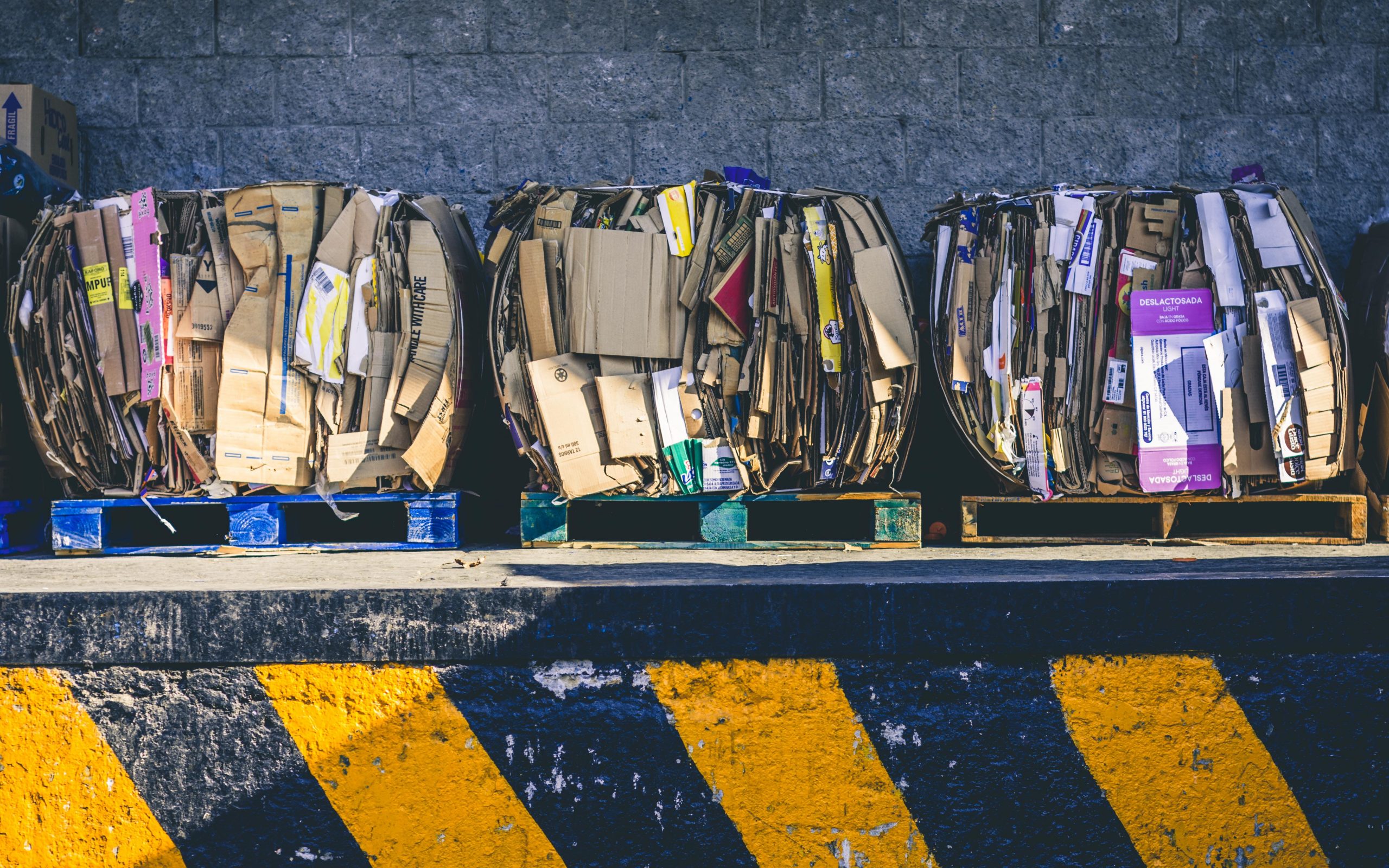Waste: The New Gold
Urban areas are growing. It is estimated that by 2030 2,2 billion Africans will live in cities. This is double the current population and 80% of that growth will take place in slums 1. It is estimated that by 2025 Africa will be generating 250 million tons of municipal solid waste (MSW)2. But the rate of growth is not synonymous with the rate of improvement in access to waste disposal facilities. It is estimated that MSW collection rate stands at 55% (see footnote 2). Uncollected waste is mixed with human and biological waste breading disease, promoting urban flooding and growth of insects and rodent which are vectors of disease. It is also estimated that 13% of MSW is plastic and 57% is organic waste which could have been recycled to provide financial relief for small enterprises. In Africa 70- 80% of the waste can be recycled (see footnote 2). Below are some interesting ideas that could be economically viable whilst solving the waste and greenhouse gas emissions problems.
Converting waste into Bricks for low-cost construction and roads: Waste material can be used to make bricks such as K- briq which has been made from compression of 90% recycled materials. This brick is unfired and does not use cement which is a large contributor to global warming. Construction with these bricks mean lower greenhouse gas emissions from landfills, a reduced waste problem and cheaper housing which are great for growing cities. Other cycled materials have been converted into tiles and building insulation.
Road Construction: Plastic materials shredded into chips is used to build roads. This leads to potential savings in billions in road construction and maintenance and potential accidents from unpaved or unsafe roads.
Energy From Organic Materials: Instead of incineration, waste materials are vaporised into a gas to harness chemicals that are found in the various compounds in the waste. The gases generate diesel, hydrogen fuel or ethanol.
Disposable packaging and cutlery made from biodegradable waste is one of the products made by companies such as Bio-Lutions. Such products help food retailers avoid single-use plastics and create innovative product which even if they are used once will not damage the environment.
